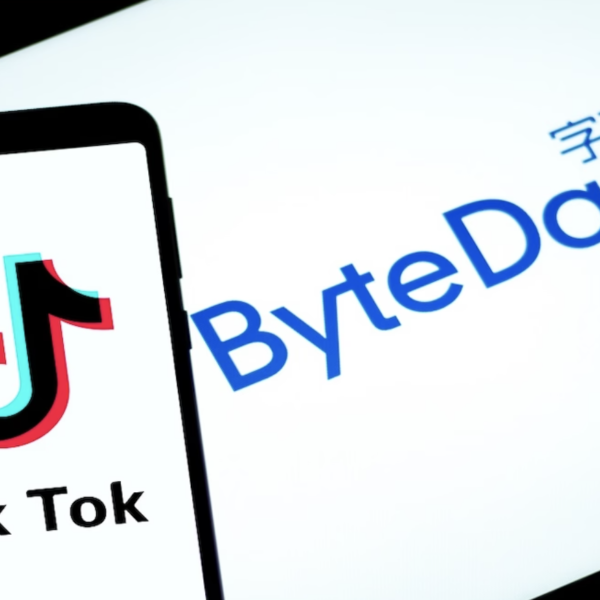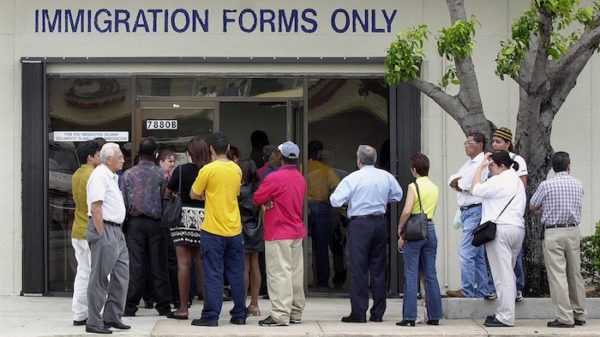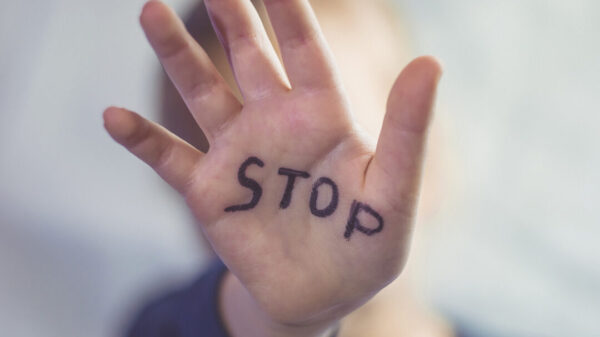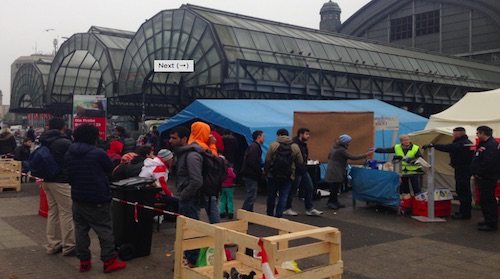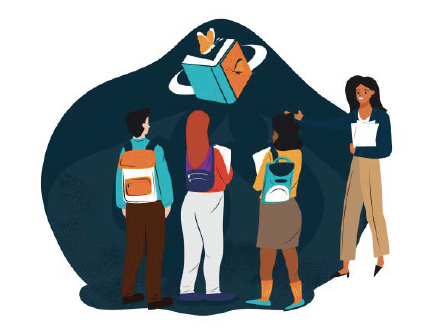It has been noted that the economy and the pandemic go hand in hand. The pandemic has been at the core of the unprecedented economic suffering many are facing today. To mitigate this suffering a $1.9 trillion COVID relief bill, known as the American Rescue Plan, is a sweeping piece of legislation intended to get the U.S. and its residents back on their feet after a year-long shutdown of much of the economy. The proposal includes a new round of stimulus checks, added unemployment benefits, $125 billion to help schools reopen, $350 billion for state and local governments, and $250 billion to support vaccination efforts. Ethnic Media Services briefing invited speakers to unpack the bill, as well as its shortcomings.
Chad Stone, Chief Economist at the Center on Budget and Policy Priorities provided an overview of the measure, along with a focus on unemployment relief measures. The goal is to help with the following: get the virus under control, relieve hardship and uncertainty particularly among affected minority communities including blacks, Latinx, indigenous, and immigrants. Finally, it will provide a stimulus to economic recovery, and give unemployment insurance for those who have lost jobs.
The package he said provides $1400 stimulus checks, a reduction in child poverty, nutrition assistance, making health coverage more affordable, housing assistance, funds to address homelessness, household support, and child tax credit, funds to help states re-open schools, and get back on track. These measures are temporary but will give guidance for a permanent solution.
Rep. Raja Krishnamoorthi, D-Illinois – Congressman Krishnamoorthi offered his analysis of the relief bill and discussed the need to include funding for mental health initiatives for frontline health care workers. This package is a game-changer that will help the country heal and recover from the economic crisis. It is a win for the American people whose unemployment benefits will be extended, schools will start resuming safely and housing will be secure for many. He said the state and local id he worked on is coming and it is very necessary. Sales tax revenues have declined dramatically in some states. Because of the inaction of the federal government, 1.4millioin people have been laid off. Additional revenues are now being given to secure these jobs.
Legislation to provide mental health assistance to health care workers who are at the frontline, are burned out and have a high suicide level, and stressed during this pandemic. His bill now law establishes programs that will help frontline workers.
Elaine Maag, Principal Research Associate at the Urban Institute. talked about the bill’s impact on low-income children. The child tax credit would go a long way. In 2021 it was estimated that there would be an increase in poverty for black families at 18% and Latinx at 22%. The American Rescue plan will drop this as well as the age group under 18 in half. Poverty harms children over half of their lives, as they eventually get worse jobs, poor health, shorter lives, are less likely to graduate high school or to go to college. The pandemic brought food insecurity for lack of enough money especially in black and Latinx families who are late on rent and lack cash.
Dr. Sekou Siby, Executive Director of the Restaurant Opportunities Center United spoke on the minimum wage since an attempt to raise the minimum wage to $15 an hour was left out of the relief bill. He shared that over three-quarters of service workers are women, immigrants, and people of color. Most of whom are living under the poverty line. They depend on food stamps and Medicaid and are considered the working poor. This is why the dependency on Fed help is necessary as 80% of children will benefit from the package. It is a great deal for parents, businesses, families, and children nationwide.
We need to create upward mobility by raising the wall. Moving forward we need to increase the minimum wage to $15 an hour incrementally in every state and locality and penalize companies who do not adhere. We should advance a living wage so that people work and can take care of themselves rather than depend on public assistance. They are looked upon as lazy which is unfair. A mother who stays home to take care of children looks like she is rejecting work whereas she simply cannot afford childcare.


